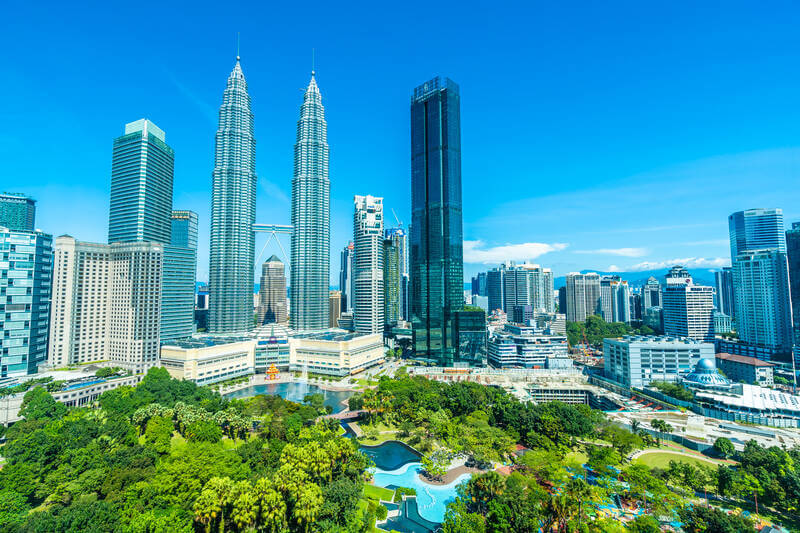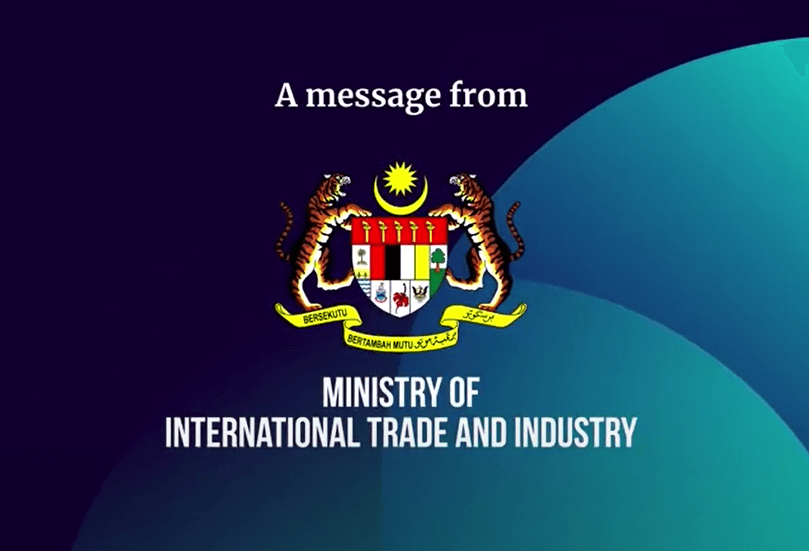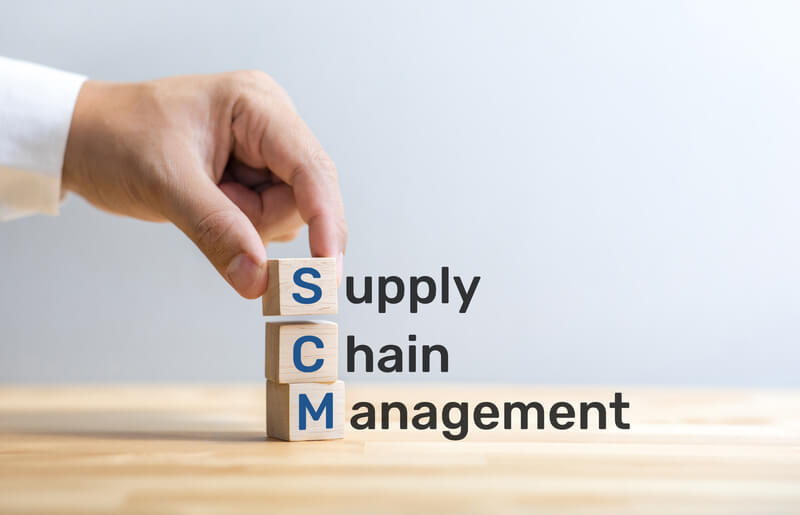Trudging on in the Wake of COVID-19
Going Forward in Our Approach to Overcome the Impact of the COVID-19 Pandemic

Today marks the first year the nation has been battling the COVID-19 pandemic, unprecedented in terms of its global impact on both public health and the economy. In the face of seemingly insurmountable challenges, Malaysia has been able to remain resilient, thanks to our robust public health system and sound economic fundamentals. Nevertheless, with the onset of the third wave of the outbreak, our healthcare system has been subjected to even greater pressure, testing our capability and capacity to the limit.
When the Movement Control Order (MCO) was first introduced in March last year, the overarching priority was to strike a balance between protecting lives and livelihoods. The imperative of protecting public health has always remained paramount in as much as it is crucial that the economic well-being of the people is safeguarded. With this principle in mind, the Ministry of International Trade and Industry (MITI) together with other economic agencies were tasked to formulate strategies to minimise the impact to our battered economy.
MITI was entrusted to coordinate the list of essential economic activities that were allowed to operate. This proved to be a major challenge on account of the fact that the economic value chain is deeply interlinked and highly complex. As Malaysia is an important player in the global supply chain, it was incumbent on us to ensure minimal disruption to the supplies of essential products such as rubber gloves, PPE, parts and components for medical devices.
Above all, the Government has to ensure that the people’s livelihoods are secured. Regular engagements were conducted with all stakeholders including Industry Associations and Chambers of Commerce on how best the Government could collaborate with the private sector in restarting, reviving and revitalising the economy. It bears repeating that in our efforts at fighting this pandemic, a host of unintended economic consequences were unleashed, not the least of which is the debilitating impact on the country’s Gross Domestic Product (GDP).
Thus, in the second quarter of 2020, Malaysia’s GDP suffered its worst ever decline in our history, namely, a contraction to -17.1 per cent. Consequently, the Government took the initiative to pump in a massive RM320 billion of stimulus packages not just to mitigate the adverse economic impact on the rakyat but also to jumpstart and revitalize the entire economy. By the third quarter of 2020, we managed to bring down the decline in growth to -2.7 per cent.
While this definitely manifests the effectiveness of the stimulus packages, it should be borne in mind that it would still take at least another quarter, if not more, before the economy could see actual positive growth. This underscores the fact that despite the best efforts at economic recovery, it would take an extended period of time before the economy can actually pick up to show positive growth after the lifting of the MCO.
Hence, the notion that the economy can revive instantaneously after a lockdown has been lifted has no real basis. The fact of the matter is that the economy does not run on a “switch off-switch on” mode. In this regard, recent calls to re-impose total lockdown in order to deal with the massive spikes in the number of infections attendant on this third wave must be viewed along with other suggestions concerning alternative strategies and options. For instance, the Government could consider tightening the Standard Operating Procedures (SOPs) to prevent outbreaks at ignition sites and introducing clear guidance on geospatial planning such as quantifying indoor settings at any given time.
Additionally, we could step up targetted testing as well as regulate the costs of RTK-Antigen test kits to make COVID-19 testing more affordable and on a larger scale, particularly for industries. It has also been suggested that SOPs for social events can be tightened while a full ban on interstate travel should be imposed for the interim. In any event, the call is for businesses to open on the condition precedent of full compliance with stricter SOPs. It cannot be overemphasised that at the end of the day, community engagement and empowerment remains key. This is because the pandemic starts and spreads in communities and the solutions are within the communities themselves through their behaviour, adaptation and compliance.
It is important to note that apart from the toll on health and the economy, COVID-19 has a direct impact on the people. One loss in income affects the whole household. In practical terms, the loss of income for one breadwinner may well adversely affect the livelihoods of at least 4 persons in a family. MITI acknowledges the strong support and collaboration by industry stakeholders and the rakyat towards ensuring economic recovery and sustainability during the COVID-19 pandemic.
Public-Private-Rakyat synergy is an invaluable value proposition for nation-building and should be embraced by all. Throughout 2020, the security and medical frontliners particularly from the Ministry of Health have demonstrated their commitment, dedication and tireless efforts to contain the spread of the pandemic. We owe them a tremendous and invaluable debt.









